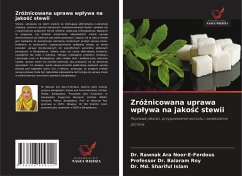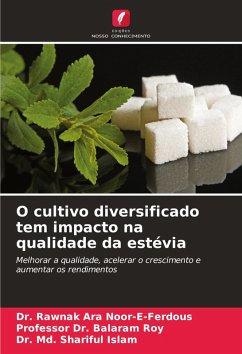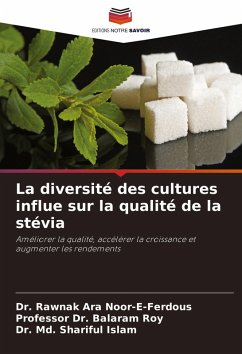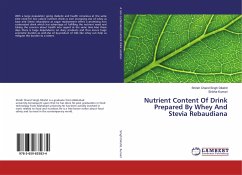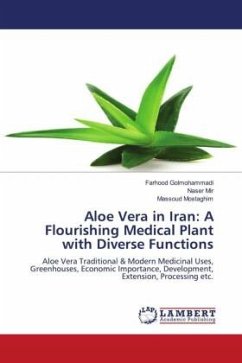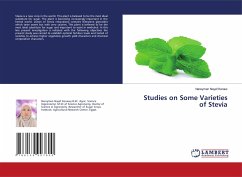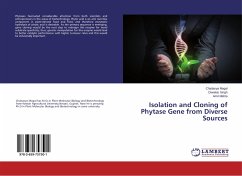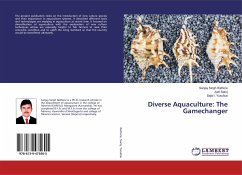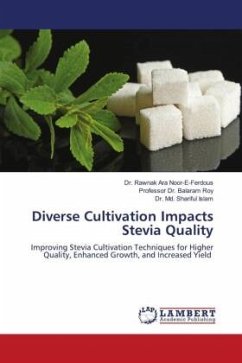
Diverse Cultivation Impacts Stevia Quality
Improving Stevia Cultivation Techniques for Higher Quality, Enhanced Growth, and Increased Yield
Versandkostenfrei!
Versandfertig in 6-10 Tagen
45,99 €
inkl. MwSt.

PAYBACK Punkte
23 °P sammeln!
Stevia, acknowledged globally as a promising alternative sweetener, has encountered limited adoption among farmers, notably in Bangladesh, despite extensive international research. This challenge is ascribed to a deficiency in understanding suitable cultivation methods adapted to local soil conditions. Addressing this knowledge gap is imperative for the successful implementation of effective stevia cultivation practices. This underscores the necessity to disseminate precise knowledge on cultivation procedures tailored to the distinctive soil conditions prevailing in Bangladesh. Stevia emerges ...
Stevia, acknowledged globally as a promising alternative sweetener, has encountered limited adoption among farmers, notably in Bangladesh, despite extensive international research. This challenge is ascribed to a deficiency in understanding suitable cultivation methods adapted to local soil conditions. Addressing this knowledge gap is imperative for the successful implementation of effective stevia cultivation practices. This underscores the necessity to disseminate precise knowledge on cultivation procedures tailored to the distinctive soil conditions prevailing in Bangladesh. Stevia emerges as a valuable sweetening alternative, particularly for individuals with diabetes, offering a solution to the artificial sugar shortage in Bangladesh. As a sweet herb and a calorie-free natural sweetener, the cultivation of stevia also holds the potential to contribute to a healthier economy. Remarkably, experimental findings underscore the superiority of field cultivation in terms of leaf yield per hectare, indicating that adopting field cultivation practices might be the most suitable technology for cultivating stevia in the diverse field conditions of Bangladesh.





